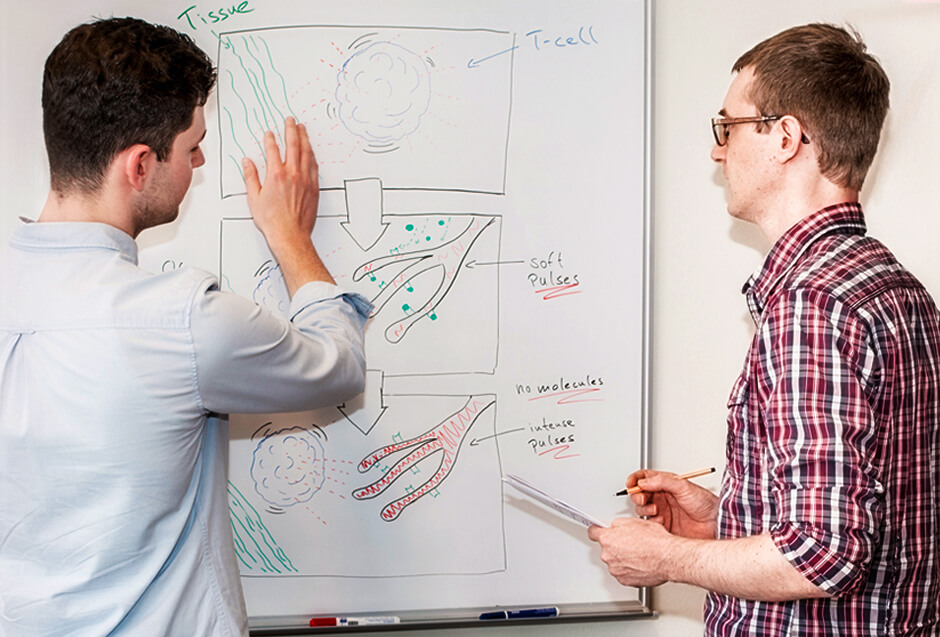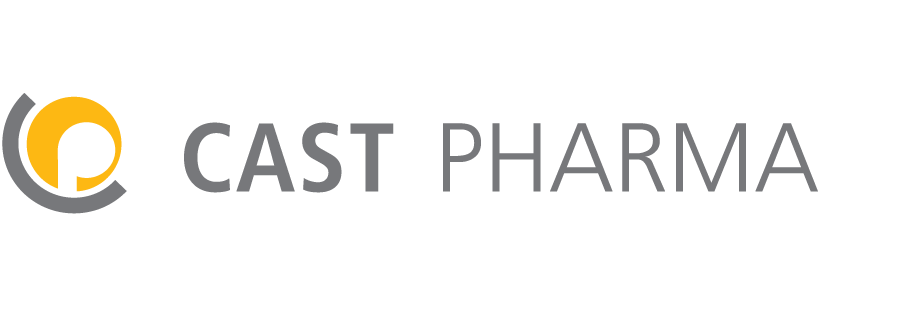Hi there, I’m Alex! For more than three years I’ve been a medical content developer (MCD) at CAST PHARMA–an agency specialized in developing medical learning and training materials, 3D animations, and visual stories.
Why not take a research job in science or industry, you ask? Well, because I realized rather quickly that a professional career in those areas wouldn’t be right for me. I couldn’t see myself experimenting at a lab bench with a number of tedious and uninspiring research projects on top.

CAST PHARMA offered a welcome change: a stimulating and fast-paced work environment, lively discussions, and exciting projects with meaningful results. What intrigued me the most, however, was the fact that CAST PHARMA operates at the interface of communication, education, technology, and design. And no product epitomizes this interface more than an interactive eLearning tool.
Developing such a tool is a process that takes close collaboration between the client, specifically subject-matter experts, and the in-house departments of CAST PHARMA.



